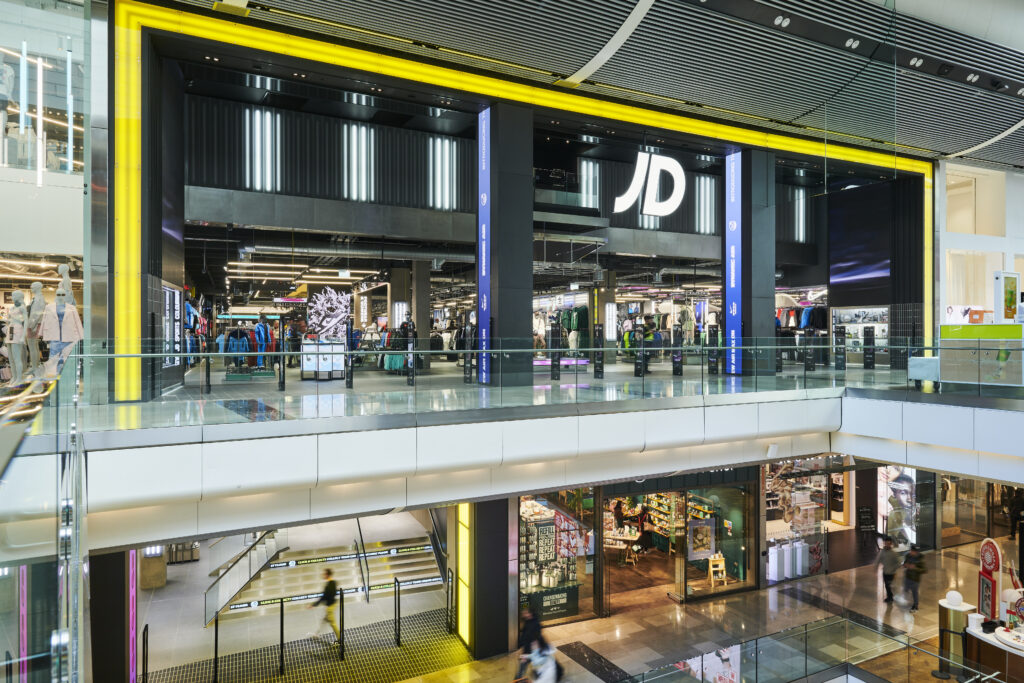Since the rude wake up call provided by the YouGov poll in the Sunday Times last week, which for the first time predicted a win for the ‘Yes‘ campaign (51-49 per cent), the nation‘s retailers have become far more vocal in voicing their concerns. The negative economic consequences of a ‘Yes‘ vote would include a rise in costs north of the border, according to experts. This would pile pressure on Scottish spending power, exacerbated by the weakness of the new Scottish currency and the likelihood of an increase in taxes north of the border.
The support of leading retailers for the ‘No‘ campaign has now been given the explicit backing of Downing Street, and their argument will be articulated in an open letter to be published this weekend. The campaign is being led by the recently departed former CEO of Kingfisher, Sir Ian Cheshire, but many other leading retailers have also pledged their support, including the CEOs and chairmans of brands including Marks & Spencer, John Lewis, Asda and Morrisons.
Sir Stuart Rose, Ocado chairman and former M&S CEO, branded the proposed division of the Union as a serious situation that would “damage our economy”. He appealed to his peers in the industry to “make your voice heard because it‘s going to be really close and you need to do something about it… It will damage British business, damage our economy, damage our standing in the world”.
Lord Wolfson, CEO of clothing brand Next, expressed his concern for the economic situation in which Scotland would find itself were it to vote for independence. “Assuming whatever currency they have does devalue, economically we are very concerned. All of our products are effectively imported to Scotland so it would push prices up,” he said.
Not all retailers have rallied around the ‘Better Together‘ campaign, however. In response to the comments of leading British retailers, John Swinney, the Scottish Finance Minister, said: “Charlie Mayfield is entitled to his opinion… I think the argument is one that is firmly contested by other retailers who do not take the view that has been expressed this morning by Charlie.”
Tesco, for example, has said claims that prices would inevitably increase in the event of independence are “entirely speculative”. There has been speculation that certain businesses are reluctant to become involved in the debate to avoid alienating their Scottish customers. A spokesman for the supermarket chain said the company was “neutral on the referendum”, which was “a matter for the Scottish people.”
With less than a week to go until the referendum takes place, this latest blow to the independence campaign could be a decisive factor. For a “nation of shoppers” such as the UK, the opinions of retail leaders are likely to be far more influential than those made by the banks. Although financial services is Scotland‘s most important sector, it has had an uncertain relationship with the industry in recent years and is viewed somewhat ambiguously by the Scottish people.

















